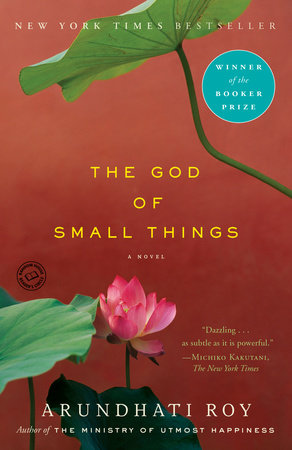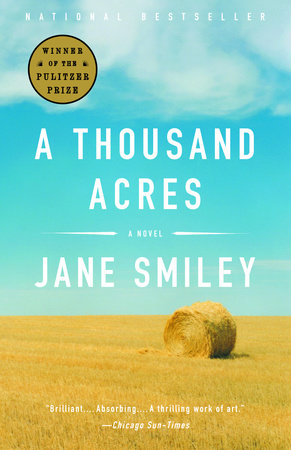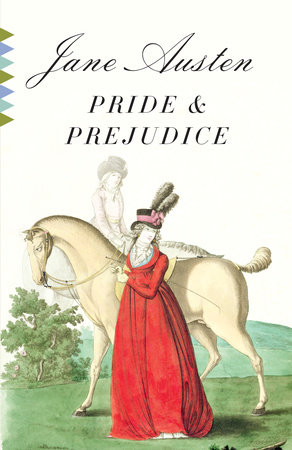If you enjoy reading Electric Literature, join our mailing list! We’ll send you the best of EL each week, and you’ll be the first to know about upcoming submissions periods and virtual events.
It’s our families of origin that usually know us best. After all, we share decades of history that accommodate a hundred minor, and sometimes major, offenses. We have plenty of chances to observe each other, to know exactly where the other person’s weak spot resides, to know how to manipulate them if needed, and, more happily, to know the right thing to do at the right time if our family members need help. One of the things I love about dysfunctional family novels is that we join a story like a stranger walking into a party where everyone else already knows each other too well. Not only do we get to watch the party unfold, we get to slowly understand what led each of the characters there—a central mystery amplified exponentially.
My novel Olympus, Texas was sparked by this idea: wouldn’t it be fun to combine Greek myth and its bold and troublemaking pantheon of gods with Texas, a state besotted with its own mythology and its larger-than-life sense of self? It was only after working on the book for a couple of years and fleshing out my fully human iterations of Zeus and Hera and their offspring that I realized what I had on my hands was really a novel about a rowdy dysfunctional family. It shouldn’t have been a surprise, though, as so many of my favorite novels fall into this category.
And though, before writing my novel, I had never specifically thought of the Greek gods as being a big dysfunctional family, they really aren’t that different than the families in my favorite novels below. (Well, aside from their transforming people into animals, and smiting those that displease them, and, you know, being immortal. But honestly, doesn’t Athena push Hera’s buttons in the way only a daughter can?) Here are some of my favorite families and favorite tales of them making each other miserable:
The Turner House by Angela Flournoy
Another novel in which the large size of the family plays a prominent role is Flournoy’s brilliant structured The Turner House. In this novel, which begins with a helpful family tree, we move not just between multiple points of view but multiple time periods, getting inside the heads of three of the 13 Turner children while also seeing their father’s life forty years earlier. Set in Detroit, this book illustrates how while we have problems rooted in the baggage of our past, we also have all new problems solely related to our present. Eldest son Cha Cha crashes the truck he is driving after being visited by a literal ghost from his childhood while his sister Lelah struggles with her gambling addiction and his brother Troy, a policeman, considers involving his family in real estate fraud. Their childhood home, though it sits empty, still plays a pivotal role in their lives in this beautiful evocation of family ties.
The God of Small Things by Arundhati Roy
Emily Dickinson wrote, “If I feel physically as if the top of my head were taken off, I know that is poetry.” When The God of Small Things debuted, my B.A. in English was just a year or so old, and all my classes in Shakespeare and the Romantic Poets and even British modernism didn’t prepare me for this kaleidoscopic puzzle-box of a poetic novel, with its leaps in time and explorations into the politics, religions, and caste system of India. It did indeed feel as if the top of my head were taken off, even if I still recognized the complex organism of the dysfunctional family that was at its center.
We follow the fraternal twins Rahel and Estha, at both age seven and as the adults they have become almost 25 years later, and we track the shifting path of events that lead to their cousin’s drowning and the further tragedies inside the family estate they shared as kids with their mother, uncle, grandmother, and great-aunt. Roy is a marvel at depicting moments of despair alongside moments of great joy.
A Thousand Acres by Jane Smiley
Jane Smiley takes one of Shakespeare’s dysfunctional families, mad King Lear and his daughters, and updates them to modern Iowa in this 1991 novel. Instead of his kingdom, father Larry is dividing one thousand acres of farm land between his three daughters. Caroline, like Cordelia, questions her father’s plans and is cut out, and a chain of events leads us to a secret hidden in the family even darker than the themes found in Shakespeare. There are complicated ambiguities in how our narrator, Ginny, sees her and her sister Rose’s lives:
“Since then I’ve often thought we could have taken our own advice, driven to the Twin Cities and found jobs as waitresses, measured out our days together in a garden apartment, the girls in one bedroom, Rose and I in the other, anonymous, ducking forever a destiny that we never asked for, that was our father’s gift to us.”
The Grifters by Jim Thompson
Jim Thompson matches, and perhaps surpasses, Smiley’s depiction of amoral parenting with Lilly, a tough-as-nails con artist mother to salesman son, Roy. Roy has a sideline in short cons, but unfortunately for him, he is surrounded by women—his mother and his lover, Moira—who are always playing the long con. In this chilling noir (adapted by director Stephen Frears into an equally compelling film starring Angelica Huston, John Cusack, and Annette Bening), an injured Roy tries and fails to keep his mother out of his life, with disastrous results for both him and Moira. As a child, Roy “had no liking for Lilly, but he came to admire her. She’d never given him anything but a hard time, which was about the extent of her generosity to anyone. But she’d done all right. She knew how to take care of herself.” The novel is a fascinating look at how being a survivor and being a good parent can be mutually exclusive traits.
Sing, Unburied, Sing by Jesmyn Ward
While there is a dysfunctional family at the heart of Sing, Unburied, Sing—Leonie takes her two children, 13-year-old Jojo and toddler Kayla, on a drug-running road trip to Parchman Farm, the Mississippi maximum security prison that is set to release their father—this novel’s reach expands so much further than that single scenario. Jojo and his sister have been living with Leonie’s parents, and the ghosts of both Leonie’s brother and Richie, a boy that Jojo’s grandfather knew during his own time at Parchman Farm, come to life in the pages of the book, both victims of violence too large and too cruel to not seep forward into the lives of the still living. Ward gives us insight into racism past and present in America, and the strength of love and family in the face of it.
Pride and Prejudice by Jane Austen
Though Jane Austen novels are most often labeled as ironic social commentaries, they’re also loaded with dysfunctional families. Granted, the dysfunction never gets them booted out of polite society. From Anne’s family in Persuasion, whose obsession with rank puts a wrecking ball to her life, to the brother of Elinor and Marianne, whose greed kicks them to the brink of poverty in Sense and Sensibility, Austen’s plots are often put in motion by relatives behaving badly. Pride and Prejudice drops us into one of her most boisterous families. More than a story about the evolving relationship between Elizabeth and Mr. Darcy, Pride and Prejudice has always felt like a portrait of a family who does a marvelous job of magnifying each other’s faults. From Mrs. Bennet’s nerves to Lydia’s heedlessness to Mr. Bennet’s abdication of care for his family members most in need of guidance, Elizabeth’s family is the gift that keeps (dysfunctionally) giving.
The Lonely Polygamist by Brady Udall
The Bennets, with their five daughters, may seem like a teeming family to modern audiences, but it’s downright tiny compared to Golden Richard’s family. The titular polygamist, Golden has four wives and almost thirty children. (In addition, one of the points of tension in the novel comes from a wife encouraging Golden to take an additional spouse and have even more kids.) This multiple perspective novel delves deeply into this family, one both very different and strikingly similar to an average American one. It’s also remarkably funny and compassionate, especially considering it also contains this bleak familial insight:
“…when it comes to humans, pain and suffering are passed through the generations like that unfashionable Christmas gift no one wants: disease and mutation, anger and despair, failures of intellect and character, all of it genetic damage in one way or another, all of it nothing less than the curse of the father upon the child, a curse inevitably repaid in kind.”







